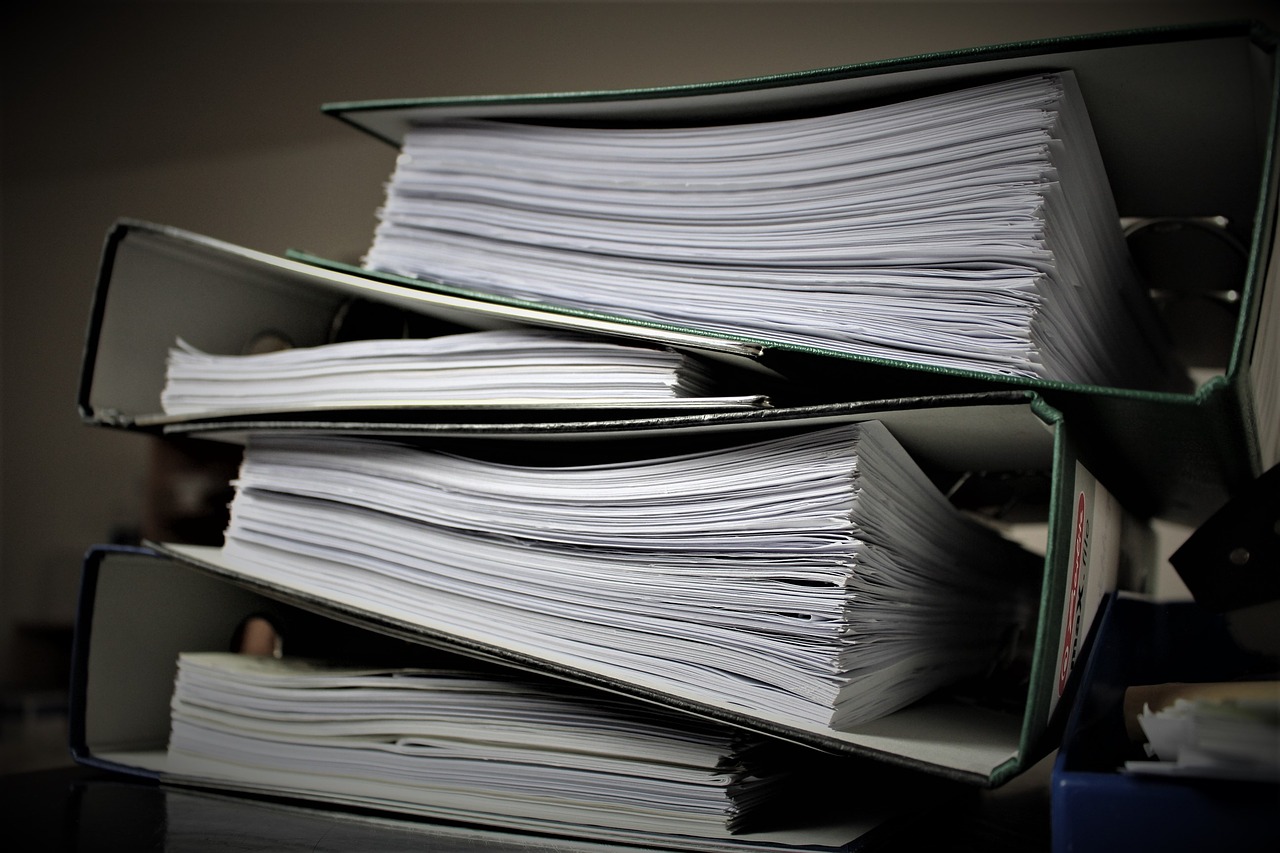What an Executor Can and Cannot Do
When a person dies, their estate must be distributed to the heirs. This is usually a lengthy process known as probate. An executor is the person responsible for the tasks involved in getting the estate through probate and ensuring the heirs get their inheritance.
The executor has several duties, but they also have limitations. If you have recently lost a loved one, you should have a basic idea of what an executor can and cannot do to protect your loved one’s estate.
The Probate Process

Probate begins after a person is deceased when the will, death certificate, and forms to start probate are presented to the local court. The court oversees the probate process, starting with approving or appointing someone to act as executor of the estate. Once they have been appointed, they must manage the estate and follow the guidelines determined by each state’s probate code to distribute the estate.
The probate process can take several months or even longer than a year if there are delays. The executor must be willing to spend a great deal of time with this process, if necessary.
Choosing the Executor of an Estate
If there is a will, the decedent likely named someone to act as executor. Many times, it is the surviving spouse or adult child of the deceased person. However, it can also be an attorney or someone else if there is no family who can take on these responsibilities or wants the task of executor.
If there is no will, the court will decide who is the executor. Someone may step forward to open probate and request to be appointed as executor.
Other times, the court may follow any rules in the probate code as to who may serve as executor. Under all circumstances, the court must approve the person to be the executor and give them letters testamentary to prove they have authority to act on behalf of the estate.
Who Generally Acts as Executor
Many times, the executor is one of the direct family members, usually an adult child or grandchild. It may be the surviving spouse, parents, or siblings. If there is no family who is willing or able for the task, a friend may be appointed. In some states, the executor must be an attorney.
What Does the Executor Do?
Once the executor has been approved by the court and given documents to show they have authority to manage the estate, they have certain tasks to perform as directed by state law. While each state has its own laws regarding the executor responsibilities and how long they have to complete each task, there are a few basic principles that are relevant to every state. The executor must follow the will’s instructions and act in good faith.
One of the first things an executor must do is secure the estate. This may mean locating all the deceased person’s assets, getting keys to property, and ensuring that someone is managing any business the decedent owned. During this time, they must also notify the heirs that the estate is in probate.
Taking Care of Debts

Another task that the executor has early on in the process is to notify creditors of probate. This task varies by state with some requiring letters to be sent out to known creditors and a notice published in a local newspaper. Other states simply require publication of the notice for a certain period.
Paying Debts
As the debts come in from creditors, the executor can and must pay them before they can distribute assets. The documents showing they have authority to act for the estate allows them access to any bank accounts to send out payment.
The executor will also need to file an estate tax return and pay any federal and state taxes and pay estate taxes owed. They will need to record all payments made, keeping a record of accounting for the court. They will need to pay funeral expenses, any back income taxes, and other debts out of estate funds before distributing property.
Managing Assets

During the same timeframe, the executor is required to take inventory of all assets of the estate. This can include any or all of the following:
- Bank accounts
- Investment accounts
- Life insurance
- Retirement accounts
- Real estate
- Businesses
- Salaries
- Personal property
For an estate with a lot of items, it can take the executor several hours or longer to create a complete inventory. They may also have to determine market value for those assets.
Some states have strict deadlines for when the inventory must be completed. The executor will also determine which are probate assets and which have a direct beneficiary.
Distribution of the Estate
Once all debts have been paid, the executor is responsible for distributing the remaining assets to the heirs and any beneficiaries based on the will’s instructions. This often includes transferring title to real property or other estate property.
The executor’s duties may require them to provide a detailed accounting of all payments and income to the estate and any other information that impacts estate funds for the probate court to approve before distribution can be completed. Once all this work is done, they may file a request to close probate with the court. Once that has been accepted, their job as executor is finished.
What Else an Executor Does
An executor has a lot of tasks to carry out their main duties in probate. For instance, they may have to hire and work with an estate attorney, an accountant, and an appraiser for the estate.
It can be comforting to know that an executor doesn’t have to do everything alone. They can seek legal advice from a probate attorney to help them make the right decisions for the estate. They can get guidance on handling estate funds from an accountant and help in distributing assets.
Maintaining Records of the Estate

Another responsibility of the executor is to maintain records of how much time they spend working on the estate and other details of their responsibilities. They are allowed to be paid from the estate for their time and any expenses they incur that is paid out of their personal account.
Many times, the will provides for compensation, but it can be changed by the probate court. This most often happens if someone was named an executor many years before the owner of the estate dies. The amount listed in the will may not be adequate by today’s standards to compensate the executor for their time and work.
Can an Executor Be a Beneficiary?
An executor can be named as an heir or beneficiary. Often one of the heirs offers to be the executor, also known as a personal representative or administrator of the estate.
The surviving spouse may act as executor if they are in good health and have the mental and emotional ability to handle the tasks. In other cases, one of the adult children of the decedent may become the executor. In some cases, there is only one beneficiary and they carry out the executor’s job.
Limits of the Executor
With all the responsibilities of the executor, they carry a lot of authority over an estate. However, there are limits for what they are allowed to do. It’s important to know what an executor cannot do in regards to an estate.
What an Executor Cannot Do is Change the Will
For instance, an executor cannot override the will in distributing the estate assets. The executor cannot decide someone doesn’t get what was left for them in the will. They must carry out the wishes of the decedent as dictated in the will.
However, there are some exceptions in this situation. If the executor is aware of a more recent will than what is filed with the court, they must present it to the court and have it validated. At that point, they would follow the newer will rather than the one that was originally presented.
Can an Executor Sell Property?

Another area where an executor may have some restrictions is in selling off estate assets. They are generally given permission for selling estate property for fair market value if necessary to pay any debts if there isn’t enough money in the estate account. They may also sell property as directed by the will to split the remaining assets a part of their fiduciary duties. On the other hand, an executor cannot sell assets if they are designated to go to a certain heir.
Some states require court approval before assets may be sold, especially real estate. In those states, an executor cannot take any ation that requires court approval before it has been approved.
Removal of an Executor
An executor of an estate can be removed from their task if someone asks the probate court and it is approved. Executors are usually only removed if they mismanage estate assets or committed fraud for their own personal gain.
They may also be removed if they have been proven to not be capable of handling their duties or have neglected their tasks or the estate or not acted in the best interests of the estate.
If an executor performs their fiduciary duty, they are generally not removed. Their fiduciary duty involves protecting the estate in all their tasks.
Being appointed as an executor is quite an honor but also a major responsibility. While it is important to know what they are required and allowed to do, it is also just as important to know what an executor cannot do to protect both themselves and the estate’s assets.
If you have been appointed as an executor, don’t be afraid to seek legal advice for estate and financial matters. An attorney will help you know what is expected and what an executor cannot do and guide you on probate matters.

